Dr Gerard McGowan, Curator of Natural Sciences has written this latest blog on the subject of a rather interesting collection. He writes:
As the Curator of Natural Sciences collections for Bradford Museums & Galleries I receive enquiries about our collections from visitors and researchers alike. One recent enquiry asking if we held any African herbivore specimens from late 19th century or early 20th century led me on a quest to identify such specimens in our collections.
As a local council museum we tend to collect from the local area, i.e. West Yorkshire but also to a smaller extent nationally. However, historically back in the first half of the 20th century the museums of the district were often offered more international objects from exotic climes. One such donation led me to an interesting story.
In 1947 Keighley Museum acquired a gift from Mrs William Henry Clapham This donation included 21 big game trophy heads from South Africa, among which were Red Hartebeest (Alcephalus buselaphus), Eland (Tragelaphus oryx), African Buffalo (Syncerus caffer), Topi (Damaliscus korrigum), Water Buck (Kobus ellipsiprymnus), Greater Kudu (Tragalaphus strepsicerus) and Gemsbok (Oryx gazella).
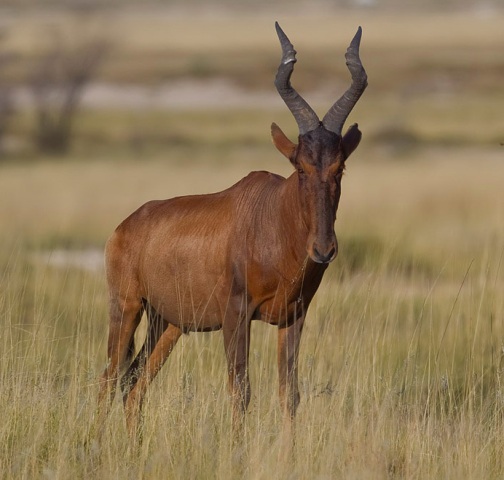
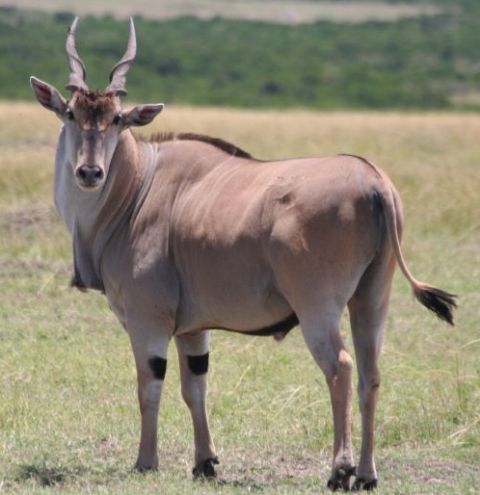

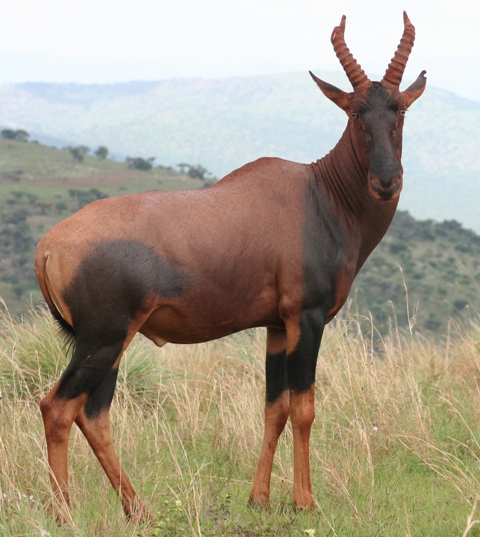
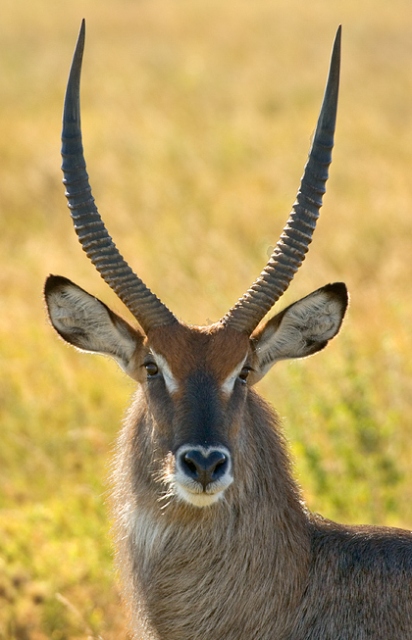
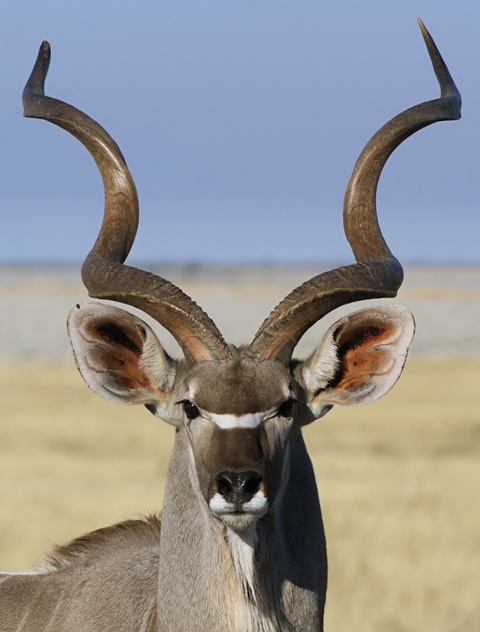
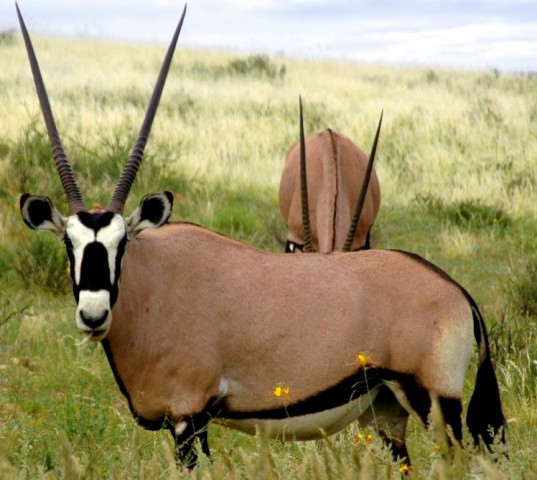
According to the entry in the accession register namely the Keighley Corporation Museum Accession Register No. 5 (page 27) the big game was shot by Mr Thomas Bailey who was the donor’s father. Curiously, the entry also recorded that he was also the father of Sir Abe Bailey.
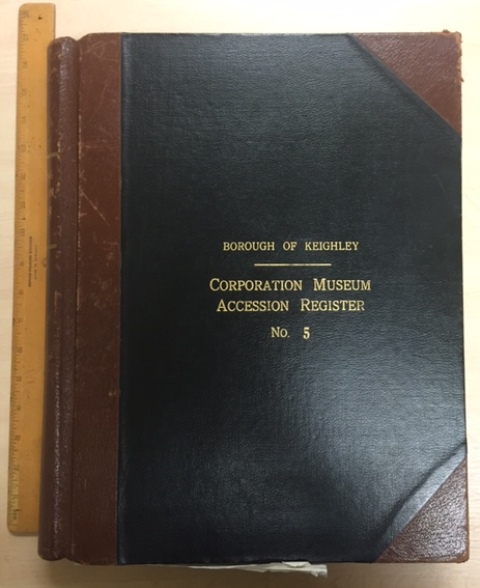
So who was Sir Abe Bailey and who indeed was the donor Mrs William Henry Clapham? I needed to do a little bit of curatorial research…
Information on Sir Abe Bailey was relatively easy to come by as he was quite a well-known chap at the early part of the 20th century. Sir Abraham Bailey (1864 –1940) was a British/South African multi-millionaire who made his fortune from land, property and mining in South Africa and Rhodesia. He was born in Cradock, Cape Province, 6 Nov 1864 and died in Muizenberg, Cape Town, South Africa 10 August 1940. He was also close friends with John Cecil Rhodes, the founder of Rhodesia. Abe Bailey moved in senior political circles. He was a close friend of Winston Churchill and brokered several important political meetings at his London home in Bryanston Square. A meeting there in December 1916 resulted in Asquith being replaced by Lloyd George as Prime Minister. In addition meetings in 1926 helped resolve the General Strike. Abe’ son John married Churchill’s eldest daughter Diana in 1936.
Mr Thomas Bailey, who shot the big game, was born on 29 May 1836 in Keighley, West Yorkshire. He married Ann Drummond McEwan, a Scottish lady born 30 January 1936 in Nuthill, Creiff, Perthshire, in South Africa in 1860. They had four children Mary, Abraham, Susannah and Alice.
Ann Bailey died prematurely on 27 May 1872 when Abe was only 7 and Mary was 11. Abe took his mother’s passing very badly and his relationship with his father deteriorated. If Thomas Bailey was the hunter of the big game trophy heads then they must date before he died on 29 May 1905.
Abe’s biography states he was sent to Keighley to school the year following his mother’s death; this would make it 1873. The 1881 census reports that Mary (1861-1946) and Alice (1869-1950) were residing with their maiden aunt Theodosia Bailey (sister of Thomas Bailey) at 71 Devonshire Street, Keighley. Mary was 19 at the time and Alice was 11. Alice was registered as a scholar. Mary had no occupation and Theodosia was an Annuitant.
Mary (May) Clapham nee Bailey was born at Cape of Good Hope, South Africa in 1861. The 1891 census shows Mary Bailey had married on 20 October 1886 William Henry Clapham (born 1860 in Keighley) and they resided in Glusburn, Yorkshire. William Clapham worked as a clerk at Glusburn Iron Founders. They had three children Maud Marian (1888-1959), Janet Hilda (1889-c1966) and Thomas Bailey (1891-1952) who boarded at Giggleswick Grammar School in 1901 (census). Mary Clapham died on 13 June 1946. Her address given in the Accession Register was “Withens”, Oakworth, Keighley.
Thomas Bailey Clapham emigrated to South Africa, became part of the Johannesburg Jockey Club, married but had no issue. It is unlikely that this was the Thomas Bailey who shot the big game in South Africa at the turn of the 20th century as he would have been only 10. He apparently joined the army as he was referred to as Col Thomas Bailey Clapham.
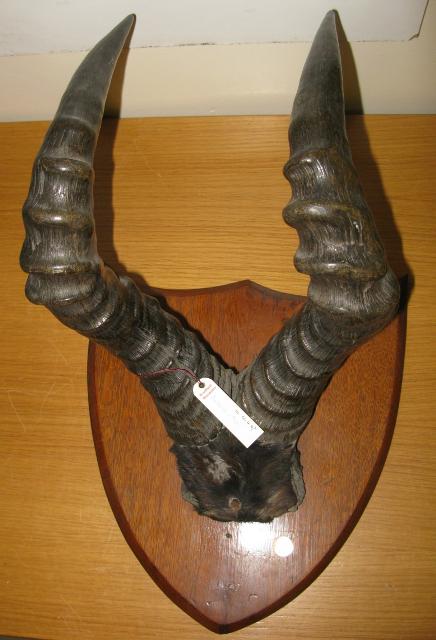
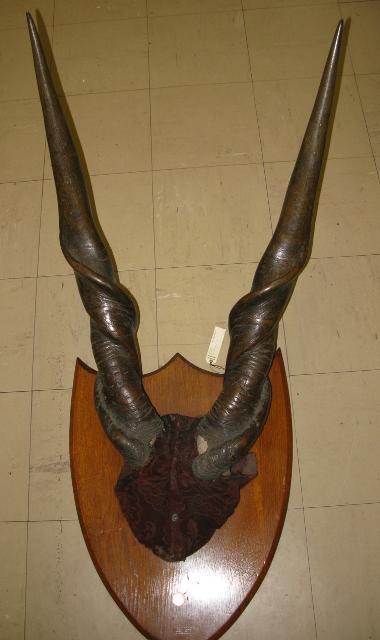
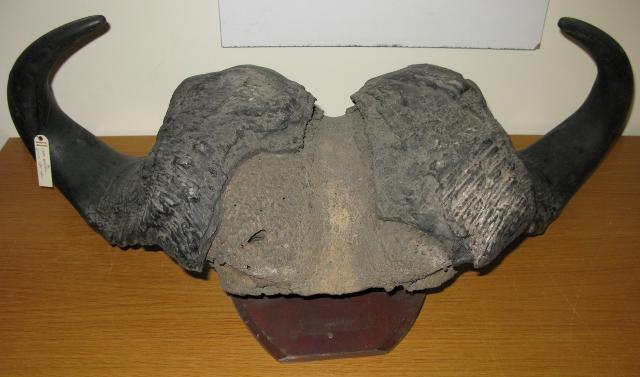
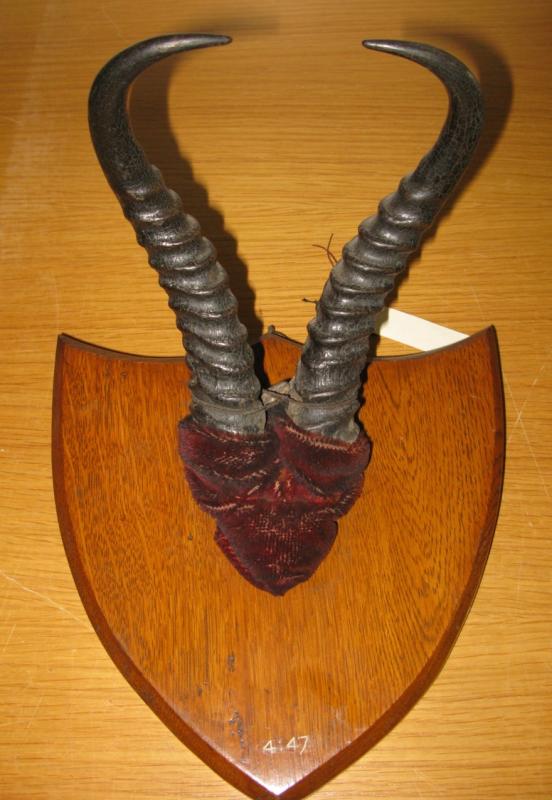
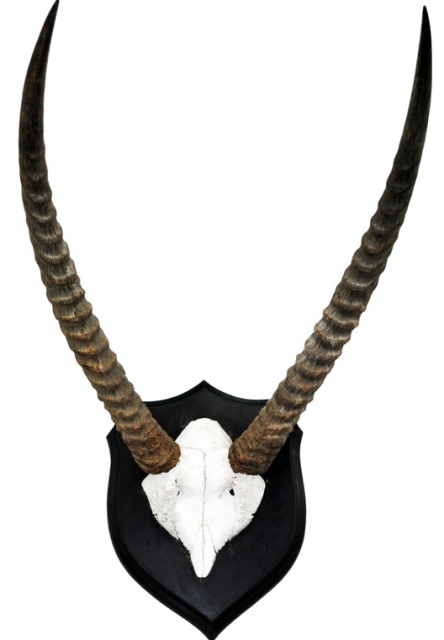
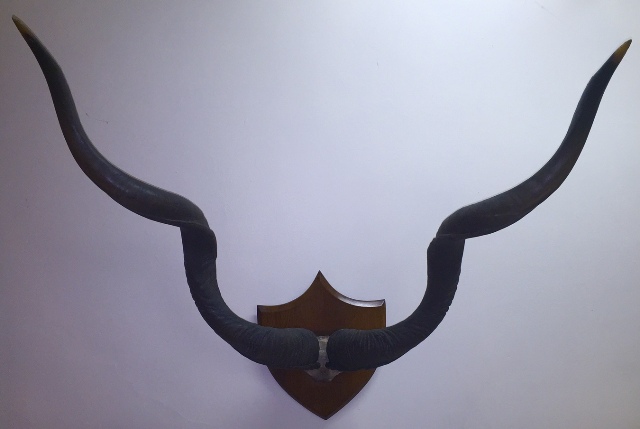

A label on the rear of one of the trophy heads indicates that they were mounted by the famous taxidermist firm Rowland Ward at The Jungle, 166 Piccadilly, London. Rowland Ward was one of the most respected taxidermists of his generation and his business was visited by King Edward VII and King George V of England and other European monarchs and leaders in the early 20th century. Winston Churchill also used his services as a young man.
The museum service has several other taxidermy specimens, including dioramas made by Rowland Ward, which remain treasured historically important taxidermy specimens.
Four of these specimens are on display at Bolling Hall Museum; three pairs of Gemsbok horns and one pair of Eland horns.